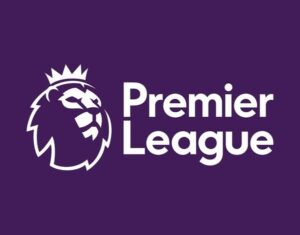While Arsenal, Chelsea, and Tottenham wait, major adjustments may be made, and the Premier League might reconsider the harsh FFP points punishment.

Everton and Nottingham Forest have been punished points deduction this season for violations of the Premier League’s financial regulations, with accusations still hanging over Man City.
According to reports, Premier League clubs are ‘considering’ changing the way violations of Profitability and Sustainability Rules (PSR) are penalized. Arsenal, Chelsea, and Tottenham Hotspur have been keeping an eye on Everton and Nottingham Forest this season, after both were penalised with points deductions by independent commissions for exceeding the permissible loss maximum over three years. Everton were docked six points on appeal, down from ten, whilst Forest were docked four.
Despite being relegated last season, Leicester City has been charged with an alleged breach and will face a hearing before an independent commission. If they get promoted back to the Premier League, they may suffer a points punishment at the start of the next season. The 115 accusations against Manchester City continue, with the process being delayed owing to the case’s complexity as Arsenal, Chelsea, and Spurs await what happens.
According to the Daily Mail, Premier League clubs are ‘considering’ eliminating the points reduction punishment in favor of a ‘luxury tax’. According to reports, ‘radical change’ has been considered and may be voted on at the end-of-season conference in June, with up to 17 teams expected to support it.
One of the ideas being examined is for clubs that overspend to face financial penalties that rise as they spend more. The money collected would subsequently be given to clubs that followed the regulations or put into a ’emergency fund’ to assist EFL clubs in financial trouble. Major League Baseball and the National Basketball Association adopt a similar method. In those circumstances, it functions as a’soft’ pay ceiling.
Another alternative is ‘anchoring’, which involves a type of salary cap that is closely tied to the wage bill of the Premier League’s bottom-placed side. Alternatively, a revision to align the regulations with UEFA’s, which limit expenditure on wages, transfers, and agency fees to 70% of the club’s income.